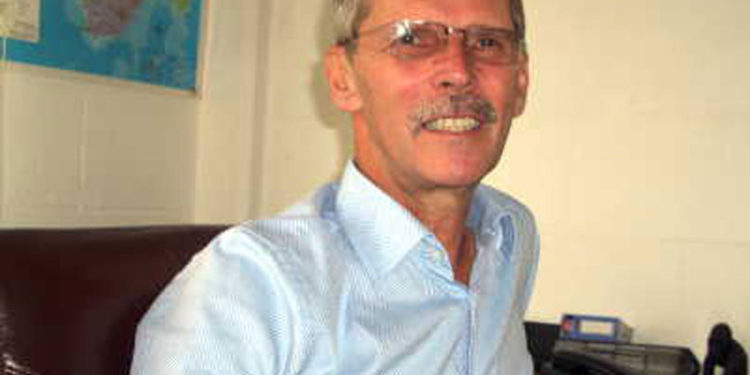I have a young friend who is Korean. She is a brilliant young lady who founded the company ‘Spouts’, which makes Purifaaya water filters in Uganda.
She did this as part of her thesis for a biomedical engineering degree and is currently finishing her M.D. This gives you an idea of the kind of person she is in terms of her aspirations and achievement.
While she was here she gave me a book about a South Korea family during the period of Korea’s rapid development from the sixties to the turn of the century. During this period South Korea developed from an agrarian to a highly industrialized society, with the book giving insight into the dislocation which such rapid development caused.
When I discussed the development of South Korea she remarked that although Koreans are very driven, they are also miserable. I’m sure this was a generalization, but she was highlighting there is a price to pay for development. In the book, the family lost their mother because she went off to die on her own, not wishing to be a burden on any of her children who had become busy high flyers. In the process of development there was the loss of a traditional way of life, which brought nostalgia for a simpler past.
Yuval Noah Harari in his book ‘Sapiens’ describes some of the fundamental changes that have taken place in the development of humanity over the centuries: the cognitive revolution, the agricultural revolution and the industrial revolution. All of these have brought progress to human society, but they have not brought an easier life. In fact life has become increasingly complex in modern societies – to the extent that there is now much literature on the breakdown of human relationships due to the advent of smartphones. Harari claims that when human beings changed from being hunter-gatherers to farmers their lives became much harder because they became tied to a piece of land, working every day to control the weeds and nurture their crops. When they were hunter-gatherers they could simply go out on a hunting expedition and bring back a deer, then sit around the fire and gossip until the meat was finished.
This comparison is between a relatively easy life in the first developmental state, to life becoming increasingly demanding and complicated as a society rises to the next level. The question is: why should people be aspirational if it means that life will become harder? Why would the Koreans work harder to achieve less free time, so they are too tired to appreciate what they have? Having said this, I would not want to go back to being a hunter-gatherer, nor would I like to live in a mud hut.
The reason why human beings have continued to develop rapidly despite the cost is that we are social animals and much of the speed with which we have developed is due to living in communities. Societies do not think in terms of what is easiest for the individual, but what is best for the community. This is why we have organized ourselves into nations with elected governments that are supposed to enact policies that represent what is best for all of us. It is not all a headlong race to a higher income status measured by some World Bank indicator, but about addressing the issues that make life better for everyone.
Unfortunately in Uganda we appear to have forgotten this principle behind why we elect our leaders, and instead elections and government has become all about party loyalty and spurious politics. Many of the politicians we elect are not really concerned about issues beyond where they can get a few votes. So issues in health, education, the impact of the rapid population growth, the state of agricultural extension services, even the state of the potholes, are pushed to the bottom of the pile while ‘political’ issues take precedence in the allocation of both time and budgets.
Uganda and South Korea had the same per capita income in the sixties and now we are struggling to reach lower middle-income status while they are at first world level, so there is not much hope of catching up. But what is important for Uganda right now is not the measurement of wealth, but how we are addressing the everyday issues that affect people’s lives, and the lives of the huge numbers of young people we have begotten. Historically the NRM government set out to do just this, but over the years they have lost focus and we now have a majority of leaders who do not even understand these issues, while politics has become about power and personal advancement.
Do you have a story in your community or an opinion to share with us: Email us at editorial@watchdoguganda.com













